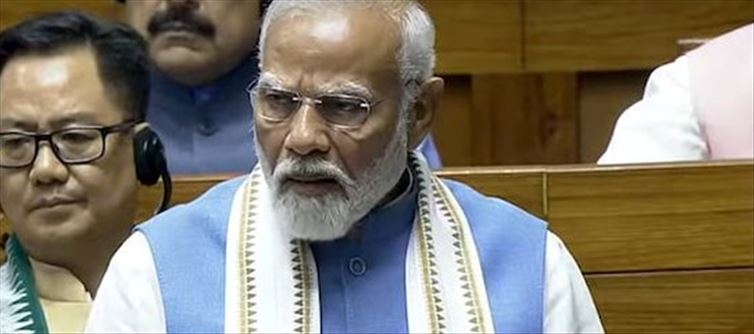
In a dramatic escalation of diplomatic tensions, Bangladesh’s interim government, led by Muhammad Yunus, has issued an ultimatum to india, demanding a response to its formal request for the extradition of Sheikh Hasina, the former prime minister of Bangladesh. The matter has set off a geopolitical storm, with bangladesh threatening to issue a ‘note of urgency’ should india remain silent.
The controversy stems from Bangladesh’s recent political upheaval, where Sheikh Hasina’s long-standing government was replaced by an unelected regime under the stewardship of Nobel laureate Muhammad Yunus. Following her ouster, Sheikh Hasina reportedly sought refuge in india, a move that has further strained relations between the two neighboring countries.
Bangladesh’s Position
The Yunus-led interim government has described Sheikh Hasina’s presence in india as a “violation of international norms” and has accused her of alleged financial misconduct and abuse of power during her tenure. The extradition request was made on the grounds of these charges, which Hasina’s party, the Awami League, has dismissed as politically motivated.
A spokesperson for the bangladesh government stated, “India’s refusal to act on this request undermines bilateral trust and sets a dangerous precedent. We are prepared to escalate the matter diplomatically if our concerns are not addressed.”
India’s Silence: A Strategic Move?
India’s reluctance to respond to Bangladesh’s extradition request raises questions about its motives. Analysts suggest that India’s hesitance could stem from several factors:
Political Implications: Sheikh Hasina has been a long-standing ally of india, particularly in counter-terrorism efforts and fostering economic cooperation. Her extradition could alienate a significant political faction in Bangladesh.
Humanitarian Concerns: Reports indicate that the current regime in bangladesh has cracked down on dissent and opposition, raising concerns about the fairness of any legal proceedings Sheikh Hasina might face upon her return.
Regional Stability: Extraditing Sheikh Hasina might destabilize the already volatile political climate in bangladesh, potentially spilling over into India’s eastern states.
Bangladesh’s ‘Note of Urgency’
The issuance of a ‘note of urgency’ would signify Bangladesh’s heightened frustration and could involve internationalizing the issue, potentially taking it to forums like the United Nations. Such a move might place india under global scrutiny, compelling it to clarify its stance.
International Reactions
The international community is closely watching the developments. Western nations, particularly the United States, have maintained a cautious approach, emphasizing the importance of democracy and rule of law in Bangladesh. Meanwhile, China, a strategic partner of bangladesh, has expressed support for the Yunus government, further complicating the geopolitical dynamics.
What Lies Ahead?
India’s response—or lack thereof—will significantly shape the future of Indo-Bangladesh relations. Should india refuse to comply, it risks damaging its image as a regional leader and could face retaliatory measures from Bangladesh. On the other hand, granting the extradition request might undermine India’s strategic interests and humanitarian principles.
For now, both nations stand at a diplomatic crossroads, with the world watching closely as this high-stakes drama unfolds.




 click and follow Indiaherald WhatsApp channel
click and follow Indiaherald WhatsApp channel